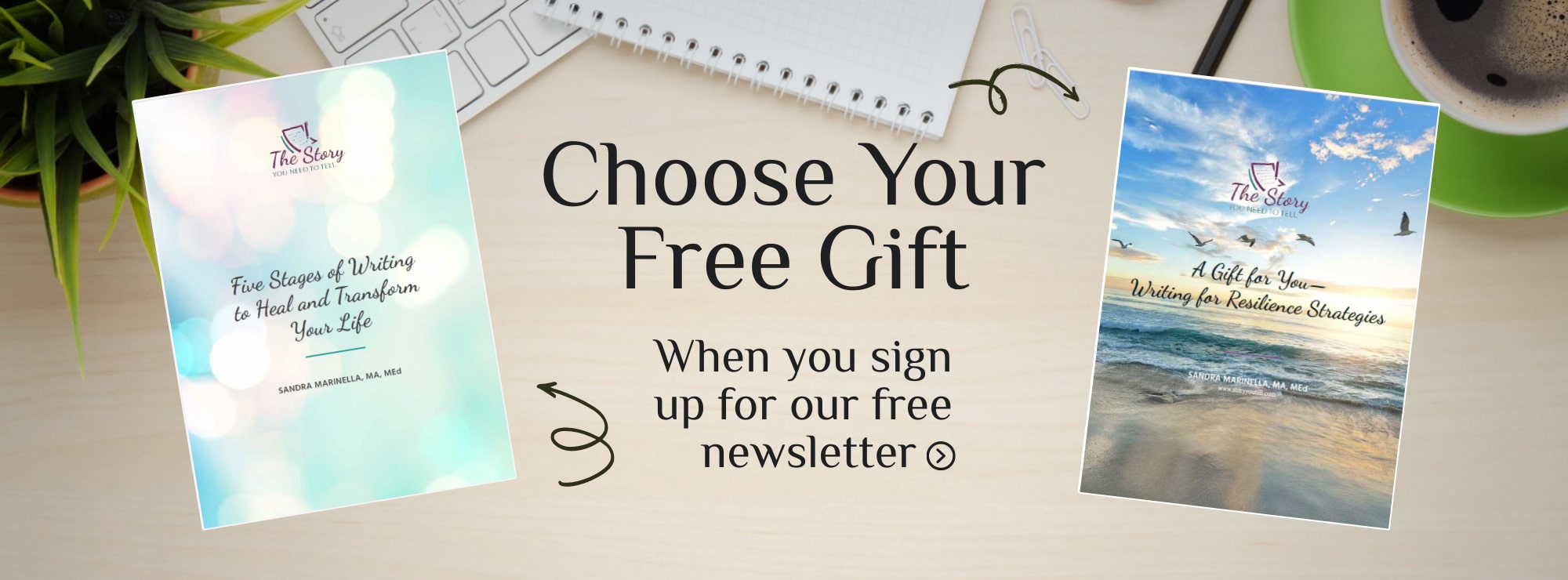A Positive Purpose
It was two decades ago that Annie thumped down the halls of Red Mountain High in combat boots. No one wore them then. Only Annie. Her short red hair was spiked out in artful tufts that spiraled in different directions. I suspect it was uncontrollable and she hated it, but everyone else loved it, probably because they loved her.
She was born with a social intelligence that could have taught Dale Carnegie a thing or two. If she didn’t know every name of every kid in the high school, she came close. And when she said hi to you, she beamed her joy right into you.
When we talked about Shakespeare’s character, Hamlet, she saw right through him. “Why doesn’t he act?” she asked in class. Her words were laced with compassion. “I am afraid he is going to get himself killed.” Of course, he did.
One of her friends told me her father was a well-loved oncologist who was, ironically, dying of cancer. It was a long, slow death that would take many years. Ten years later, when my own father died, Annie told me how much she had loved her father. Only then did I realize that she had watched her father’s slow deterioration like an old photo negative fading into nothingness. I know now there was a stabbing pain in her soul that I probably failed to detect when she was in high school. Perhaps her kindness was born of the pain she carried.
Early in her senior year, Annie popped into my room during lunch break. I was laboring over a lesson when she caught me off guard with her questions. She began by quizzing me on a paper David had read to class about being gay. A coming out admission. How had I reacted? Did I know 10% of all students were gay? Did I know about Andrew, the star swimmer on our top-seeded swim team?
She then told me the story of Andrew. As the unstoppable top swimmer in the state, he dueled and won against all opponents in both free style and the butterfly. Both long and short races. “But since fifth grade, he has had trouble dealing with classmates’ slurs and bullying. Since he is gay, boys tease him daily that he is using the wrong bathroom. And the cut on his jaw is because he was beat up behind the school trash bins after school on Tuesday.”
A story always speaks to me, but with Annie there was much more. At seventeen she understood that you needed to serve others to help yourself. It was this lesson that guided me into teaching. It was this lesson that saved me from depression during college. It was this lesson that would cause me to embrace Annie’s drive to start our school’s first GSA, a Genders and Sexualities Alliance or a high school club which provides a safe place for students to meet, provide support for one another, and learn about issues related to sexual orientation and gender identity. “We need to end homophobia and transphobia,” Annie proclaimed. I knew she was right.
In coming weeks, we wrote the club charter and bylaws and hunkered down, expecting a barrage of complaints and perhaps protests from parents. Indeed, the questions were hurled at us swiftly. Immediately I heard from two Mormon parents. They were influencers, and I knew them and had taught their children. When I explained the nature of the undertaking—a safe space club, not a curriculum mandate, they were hesitant but also empathetic to the stories of how our gay and lesbian students were treated.
Then our principal, a nice enough man, surprised me. He called me into his office and suggested I “pull the plug on this venture.” He assured me we would have to face the parent council, and they would never approve a GSA. As word circulated through the 140 teachers, I received a few rebuffs. First, Nancy stopped me at the mailboxes and assured me that forming a GSA was certain to bring trouble to the school. Brad, the popular psychology teacher, agreed. Then I received the unsigned note. I was labeled “immoral” for trying to help the gays.
Then we faced the parents group. Annie sounded polished and together as she explained our purpose and the need for a club that acknowledged and accepted our gay and lesbian students. We were both a bit startled when one of the Mormon moms jumped in and added, “There are many gays in our own families who feel unaccepted and unloved. We need to provide them more support.” The principal beamed at the group and called for the vote, and we had a club.
The club met on Wednesdays at lunch. While many predicted it would be a flop, it was not. The school’s star dancer was an active member and with him came many students from our dance and our drama club. At one point as many as sixty students attended to hear our speakers, attend a workshop, help us plan our Pride Day or our field trip to Arizona State. Every other Wednesday was just an eat-lunch-together meeting. I liked that because I heard many wonderful stories from students who were learning, growing, and trying to understand themselves and be accepted for who they were. I guess we all need that–a place where we feel accepted and valued. Annie gave many students that space.
As I prepare for a new year and new intentions. I am thinking of Annie and how important it is to live with purpose. With intentions. She is such a fine model. An inspiration. I watched her change Red Mountain High. Then I watched her pursue her degree in psychology at the University of Arizona in Tucson and next a doctorate in clinical psychology at the University of Pennsylvania. Now she trains professionals and hopes they, too, can find purpose and can grow from hard experiences. Her story still moves me.




